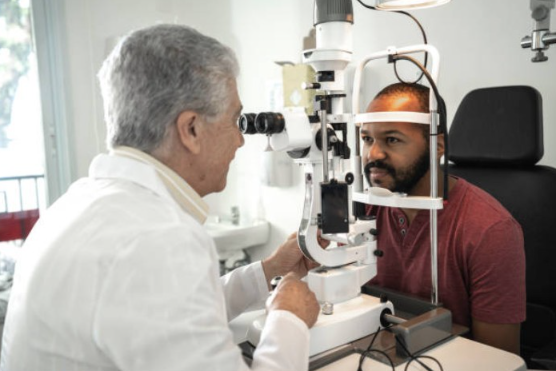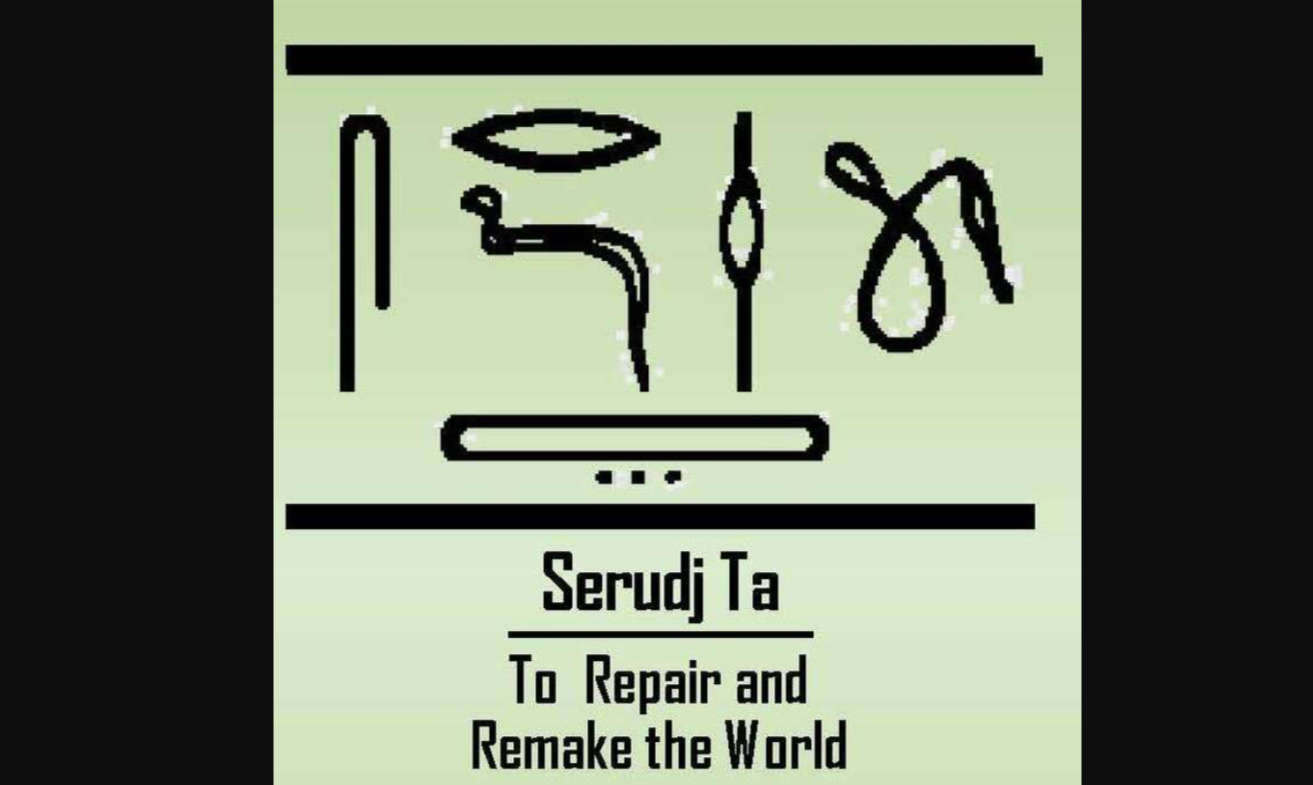(ThyBlackMan.com) Your eyes are one of the most important features that help you with everyday life, like your hands, feet, arms, and legs. Because they are constantly being used, it’s easy to take your vision for granted.
Most individuals rely on their eyes to see the world around them and make sense of their surroundings. Just like the rest of your body, there are certain maintenance procedures you should routinely perform in order to ensure your eyes are in good shape and there are no signs of infection or disease.
According to statistics, about 2.2 billion people across the globe have a vision impairment. Of these individuals, about half of these cases could have been prevented. In today’s blog, we’re covering 6 easy and important ways you can take care of your eyes. Incorporate these tips into your daily life and you will find yourself with better vision than your peers.
1. Go to a Routine Doctor’s Exam
Attending a routine doctor’s exam means visiting an eye doctor just as often as you would a general doctor or how ever often is recommended by your physician.
“Our focus is on eye care innovation, and we utilize the best in vision technology to solve your eye care needs,” says Clarity Vision, an eye doctor based in North Carolina and Virginia. Finding a good eye doctor in a certain locality or city is not difficult anymore. Online results can give many options; you just have to pick a reliable one. For those who live in the Upper Midwest there is a Wayzata optometrist who can correct your eye vision. Not within driving distance, than just look for an eye doctor who is closer.
It is important to attend an eye exam at least once a year. This way, you can catch any diseases that may be developing in its early stages so you can treat it accordingly. In addition, you can get a sense for how your vision is and if you need glasses or a stronger prescription. This is your time to share any experiences, concerns, or questions you may have with your eye doctor so they can address them appropriately.

2. Wear Protective Eye Wear
Whether you require glasses or are on your way, you should always be actively finding ways to protect your eyes from harmful elements such as UV rays. If you fail to protect your eyes from the sun or computer screens, you may increase the risk of cataracts and degeneration of your eyesight as you get older. Protect your eyes from the sun with sunglasses that have a UV rating of at least 400 so you can block 99%-100% of rays.
If you work a desk job and stare in front of a computer all day, you should also be protecting your eyes from electronic elements with the help of blue light blocking glasses.
3. Eat Healthy
Your diet plays a major role in your overall health, including your eyesight. Try to incorporate plenty of fruits and vegetables, such as carrots, tomatoes, and green, leafy veggies. Another food that is good for your eyes is meals that contain omega-3 fatty acids, including salmon, halibut, and tuna. These can strengthen your eyes and make them more resilient to damage and eye loss.
4. Rest Your Eyes
Straining your eyes can cause more damage, including a splitting headache and loss of eyesight. Remember to blink your eyes when sitting in front of a computer for long periods of time. To make sure you are staying consistent with resting your eyes and reducing eye strain, try the 20-20-20 rule. This is when, every 20 minutes, you look away about 20 feet for 20 seconds.
5. Exercise Regularly
Exercise plays a huge role in your health. By staying active, you can help prevent conditions that cause poor eyesight, such as high blood pressure and high cholesterol, or diabetes. Lower your risk of eye problems by exercising regularly.
6. Know Your Family’s Medical History
There are some eye conditions that may run in the family. Indeed, poor eyesight can be genetic, meaning you can even be born without 20-20 vision or end up with glasses at a very young age. In order to understand your level of risk to eye problems and how you can prevent that, you should get a better picture of your family’s medical history. Being informed will help you make decisions about your eye health so that you don’t follow the same path as your family members.
For more eye care tips and questions, contact your eye doctor today.
Staff Writer; William Jacobs
















Leave a Reply